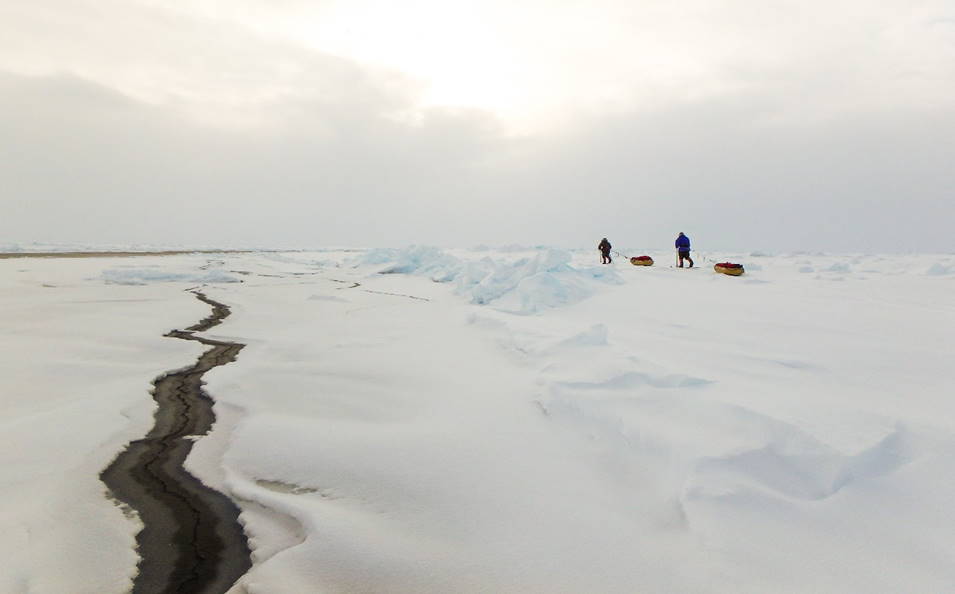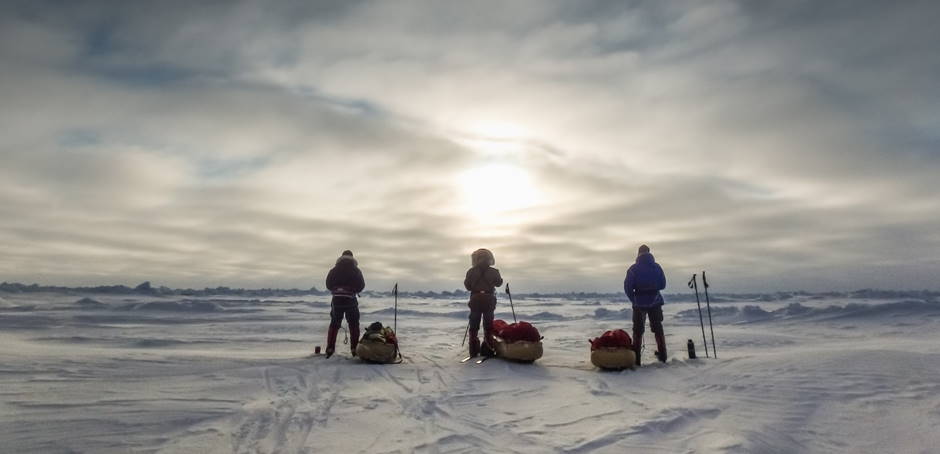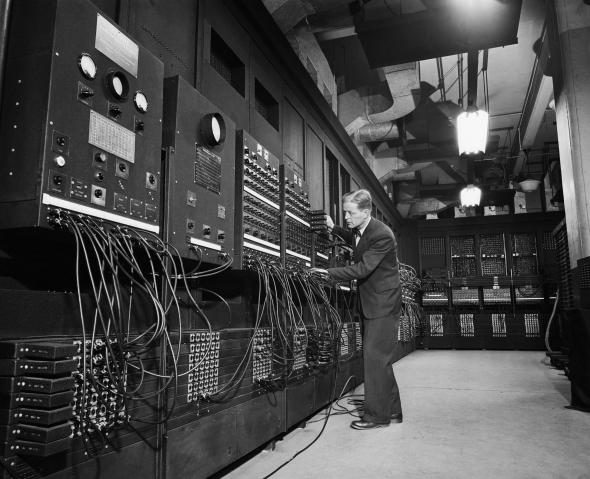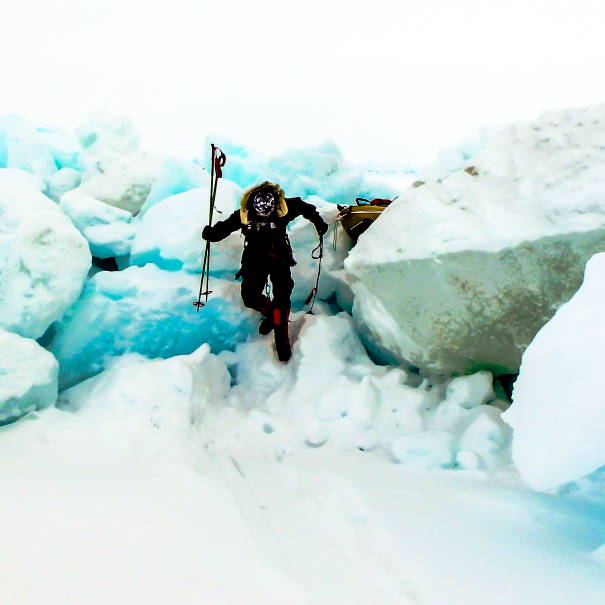A Race Against Time… Part 4- Reflections and a word from the Climate Scientist
A party of men go forth to face hardships, danger, and difficulties with their own unaided efforts and by days and weeks of hard physical labor succeed in solving some problem of the great unknown. Surely in this case the conquest is more nobly and splendidly won.
Captain Robert Falcon Scott, South Pole Expedition 1912

This expedition has been a journey, taking over 3 years to plan, prepare and complete. The hardest part was just to get on the Arctic Ocean as you have read, through sponsorship, support, etc. The Arctic Ocean today is very messed up and it is a mess to get there logistically, plus moving on it. It is a very dangerous and risky place to be, on an ocean. The risks are plentiful, from polar bears, thin ice, ice rubble, blocks, walls, open leads, and ice flows to name but a few. But, to achieve as a team, something of the unknown in modern-day exploration is as Captain Scott says, “more noble and splendidly won” –this is what we did. It was down to having a great ‘competent’ team, working together as a team with a good routine. Overall, an amazing expedition, achieving albeit reducing our mission in documenting the Arctic Ocean, which is messed up! We may be the last of a few to ever have achieved walking to the North Pole – we’ll see….
The Arctic is changing at a rate not seen for thousands of years. While it does so, the vast majority of humans get on with their lives, oblivious to the impacts of climate change in the far north. Why does this matter? After all, the Arctic is a long way away from most of humanity and is a region most people have never seen and never will.
We can see then that attempts to bring the issue of climate change and the importance of the Arctic to the wider public are of great importance. The Arctic will continue to warm and some climate model projections suggest that the summer sea ice will have completely melted from the main part of the Arctic Ocean in the next 20-30 years. The impact of this on ecosystems would be enormous, impacting the behavior of Arctic mammals and birds, hastening the melting of the Greenland Ice Sheet through positive feedback, and the melting of permafrost. The impacts would be seen in other regions of the world too, by changing ocean currents and reducing the temperature gradient between the warm tropics and the currently cold Arctic.
Few people are aware of these issues, and the role of Arctic explorers like Vic is heightened as they have a once-in-a-lifetime opportunity to explain to the public the changes that are taking place.
Arctic expeditions like the one achieved by Vic and his colleagues used sea ice. These may not be possible in the future and they could be among the last expeditions to visit this amazing region.




